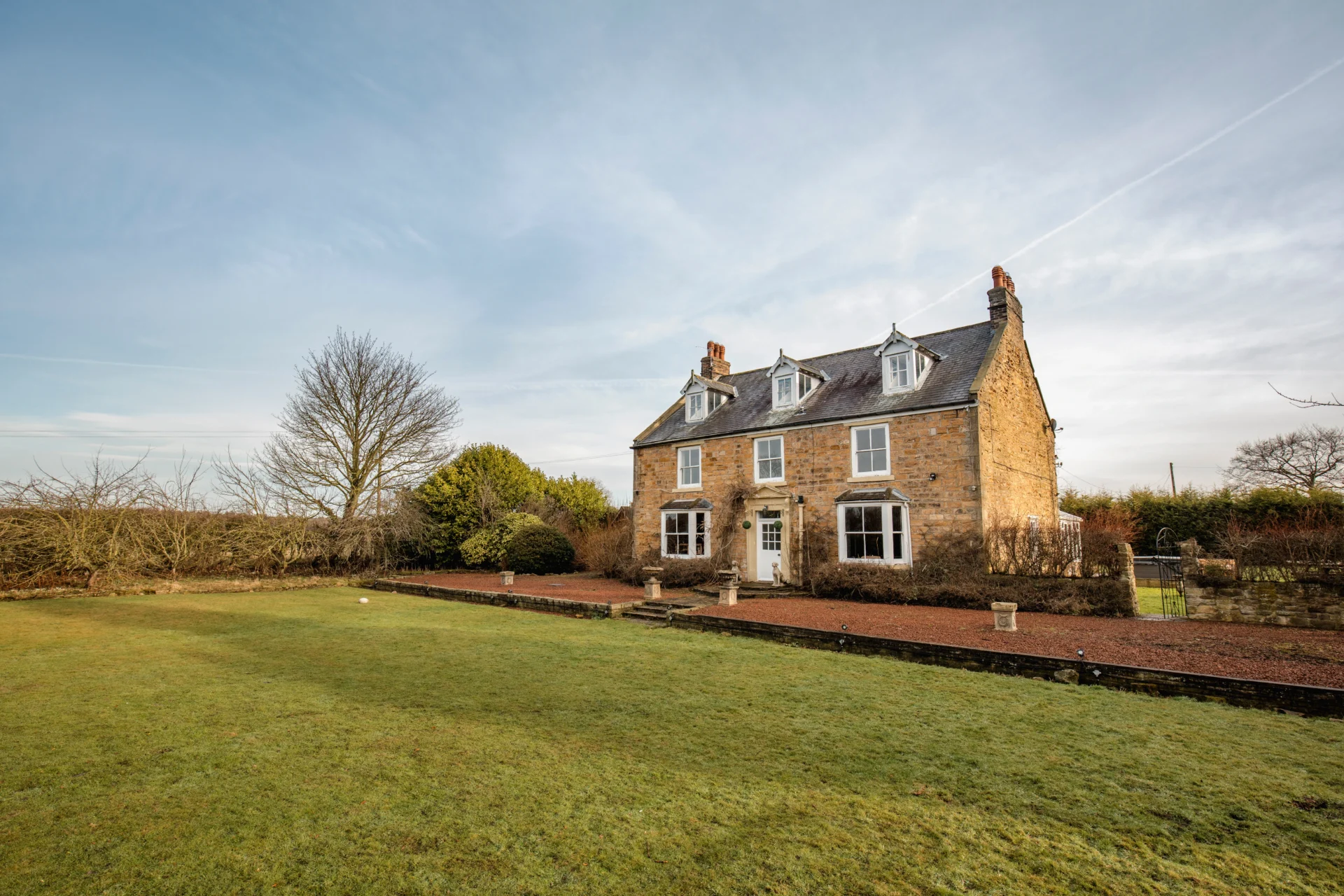A Guide to Selling a Probate Property

Selling a property after someone passes away isn’t just a legal process — it’s often an emotional one. If you’ve inherited a home, or you’re acting as an executor, it can be difficult to know where to begin. This guide offers practical, sensitive advice to help you understand the probate property sale process with confidence.
What Is a Probate Property Sale?
A probate property sale refers to the process of selling a home that belonged to someone who has died. In most cases, the person responsible for the sale is the executor (named in the will) or an administrator (appointed if there was no will). The sale is part of winding down the estate and distributing assets. Before the property can be legally sold, the executor will need to obtain a grant of probate. This is a legal document that confirms their authority to handle the estate, including the sale of any property.
Do You Need Probate Before You Can Sell the Property?
You can begin preparing the property for sale — such as organising a valuation or choosing an estate agent — but the sale itself can’t complete until the grant of probate has been issued. In some cases, you may market the property and even accept an offer while waiting for probate to come through. This is fairly common, though buyers will need to understand that the process may take longer than a typical transaction.
Valuing the Property for Probate Purposes
Before marketing the property, you’ll need a formal valuation. This helps:
-
Determine any inheritance tax owed on the estate
-
Set a realistic price if you decide to sell
It’s important that this valuation reflects the market value at the date of death. It should be clear, justifiable, and ideally provided in writing — especially if HMRC requests supporting documents later.
Some estate agents are familiar with probate valuations and can provide one promptly. In more complex cases, a RICS-qualified surveyor may be instructed.
Preparing the Property for Sale
Every property tells a story. Some may have been empty for months or years, while others feel like time has stood still inside.
If you’re not sure where to begin, start with gentle steps:
-
Secure the property and check for post or urgent maintenance
-
Consider professional clearance or deep cleaning if needed
-
Take time before removing sentimental items — there’s no rush
Depending on the condition, you may decide to sell as-is, or carry out minor repairs to improve market appeal. A good estate agent will advise sensitively on what’s worth doing — and what’s not.
The Sale Process
A probate sale is much like a regular sale in legal terms once probate is granted — but the emotional and practical context can be very different.
There may be multiple beneficiaries, family dynamics, or time pressures involved. Viewings might need to be arranged flexibly, especially if the property is still full of belongings or feels particularly personal.
Choosing an agent who understands these dynamics, and who communicates clearly and calmly, can ease much of the pressure.
Working with the Right Professionals
Probate often involves more than just a property. You may be dealing with solicitors, financial advisers, asset managers or HMRC at the same time.
Having a team — or even just a trusted contact — who understands the process can make a real difference. Whether it’s a solicitor managing the estate or an estate agent advising on sale timing, communication is key.
Final Thoughts
There’s no single way to handle a probate property sale, and every situation is different. Whether you’re ready to move forward or still gathering information, it helps to have the right support around you. At Forest Knight, we regularly assist with probate property sales across North West London, working with families, solicitors, and executors to make the process as smooth and straightforward as possible. If you’d like a conversation — with no pressure — we’re here to help.






